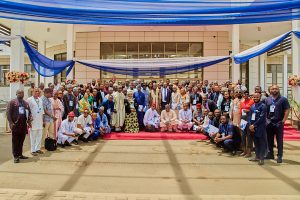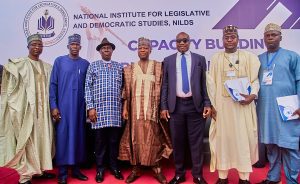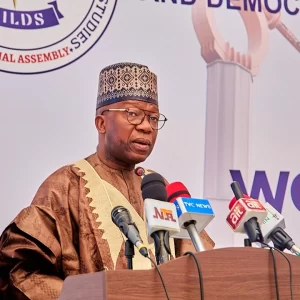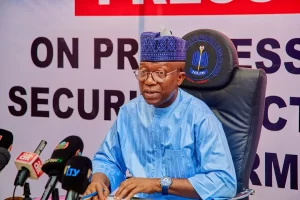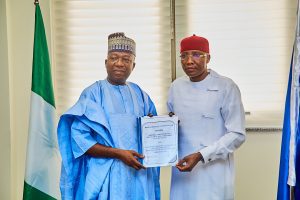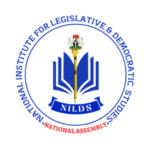The induction for Members-Elect of the Bauchi and Plateau States Houses of Assembly has commenced, facilitated by the National Institute for Legislative and Democratic Studies (NILDS) in collaboration with the Konrad-Adenauer-Stiftung (KAS).
During the opening ceremony, Professor Abubakar O. Sulaiman, the Director-General of NILDS, expressed satisfaction with the partnership between KAS and NILDS, emphasizing its positive impact on strengthening democracy and enhancing legislative performance.
In his address to the participants, Professor Sulaiman congratulated them on their election as representatives in their respective states. He emphasized that their constituents have entrusted them with power, expecting active advocacy for their interests and effective articulation of their concerns and challenges. To fulfill this role successfully, especially for those who are newly entering the Assembly, Legislators must comprehend the extent and limitations of their constitutional authority to enact laws for the orderly governance of the state.
The induction program, organized jointly by KAS and NILDS, aims to provide participants with a comprehensive understanding of their roles, responsibilities, and the functioning of the Legislature. It encompasses various sessions that cover legislative procedures, rules, protocols, and the significance of knowledge in facilitating effective participation in legislative activities such as debates, committee work, and voting procedures.
Furthermore, the program seeks to equip Legislators, particularly new members, with the necessary knowledge to navigate the legislative process confidently and make well-informed decisions. Familiarity with legislative frameworks, including constitutional provisions, laws, and regulations, is crucial for crafting legislation, proposing amendments, and evaluating existing laws.
Overall, this induction program will enhance participants’ understanding of the legal and regulatory context within which State Houses of Assembly operate.




